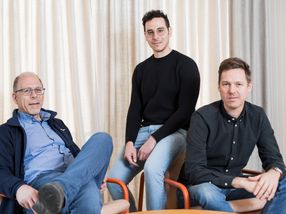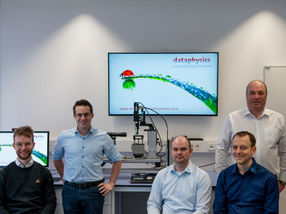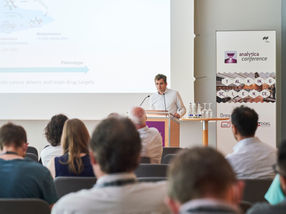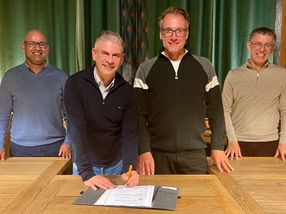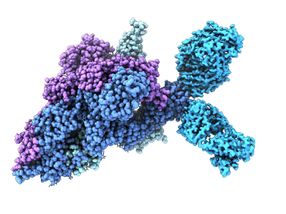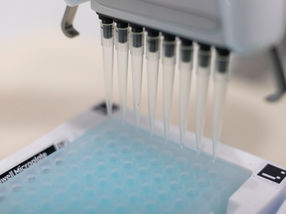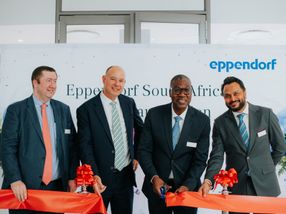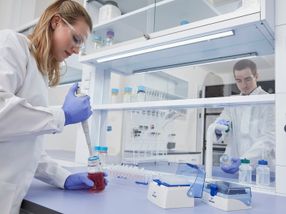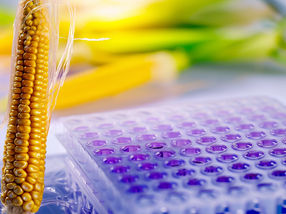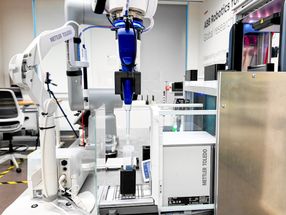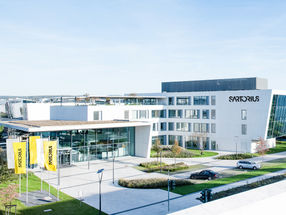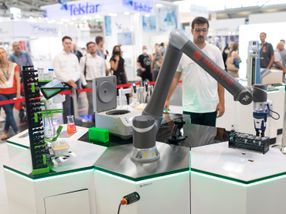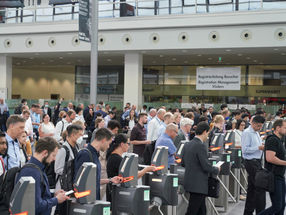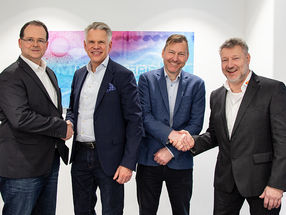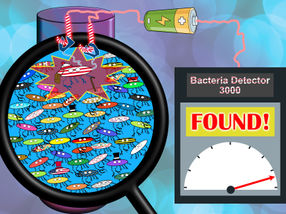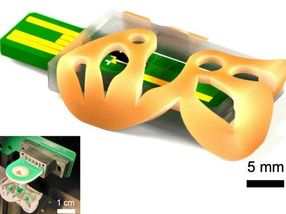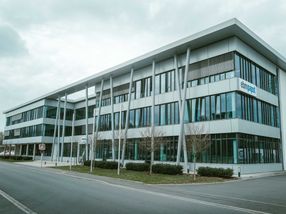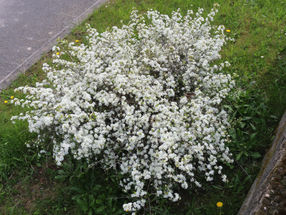Genmab Acquires Antibody Assets from iDD Biotech
Genmab A/S announced that its subsidiary Genmab Holding B.V. entered into an agreement to purchase antibodies and related patents and know-how from iDD Biotech SAS. The pre-clinical stage antibodies are directed to DR5, also known as Trail Receptor 2 (TRAIL-R2), an emerging cancer target. Under the terms of the agreement, Genmab will pay iDD Biotech an upfront fee of EUR 2.5 million. Future payments range from a minimum of EUR 3.5 million to potentially EUR 101.5 million in development and sales milestones and single-digit royalties on commercialized products. This acquisition of antibody assets is synergistic with Genmab’s strategy to create a broad pipeline of differentiated therapeutic products and to leverage its deep antibody expertise to create leapfrog drugs, as it builds a sustainable business.
Other news from the department business & finance

Get the analytics and lab tech industry in your inbox
From now on, don't miss a thing: Our newsletter for analytics and lab technology brings you up to date every Tuesday. The latest industry news, product highlights and innovations - compact and easy to understand in your inbox. Researched by us so you don't have to.
Most read news
More news from our other portals
See the theme worlds for related content
Topic world Antibodies
Antibodies are specialized molecules of our immune system that can specifically recognize and neutralize pathogens or foreign substances. Antibody research in biotech and pharma has recognized this natural defense potential and is working intensively to make it therapeutically useful. From monoclonal antibodies used against cancer or autoimmune diseases to antibody-drug conjugates that specifically transport drugs to disease cells - the possibilities are enormous

Topic world Antibodies
Antibodies are specialized molecules of our immune system that can specifically recognize and neutralize pathogens or foreign substances. Antibody research in biotech and pharma has recognized this natural defense potential and is working intensively to make it therapeutically useful. From monoclonal antibodies used against cancer or autoimmune diseases to antibody-drug conjugates that specifically transport drugs to disease cells - the possibilities are enormous

